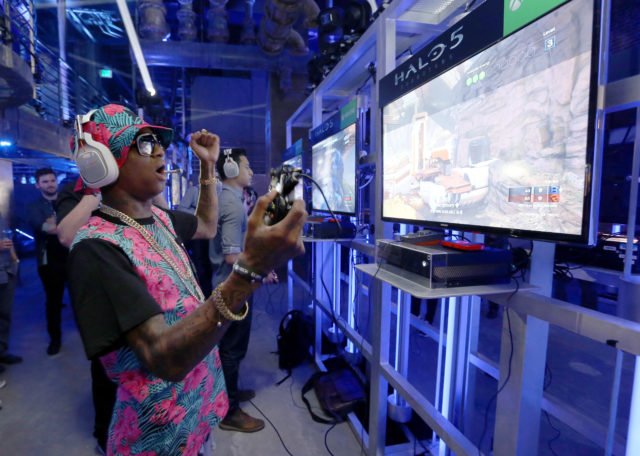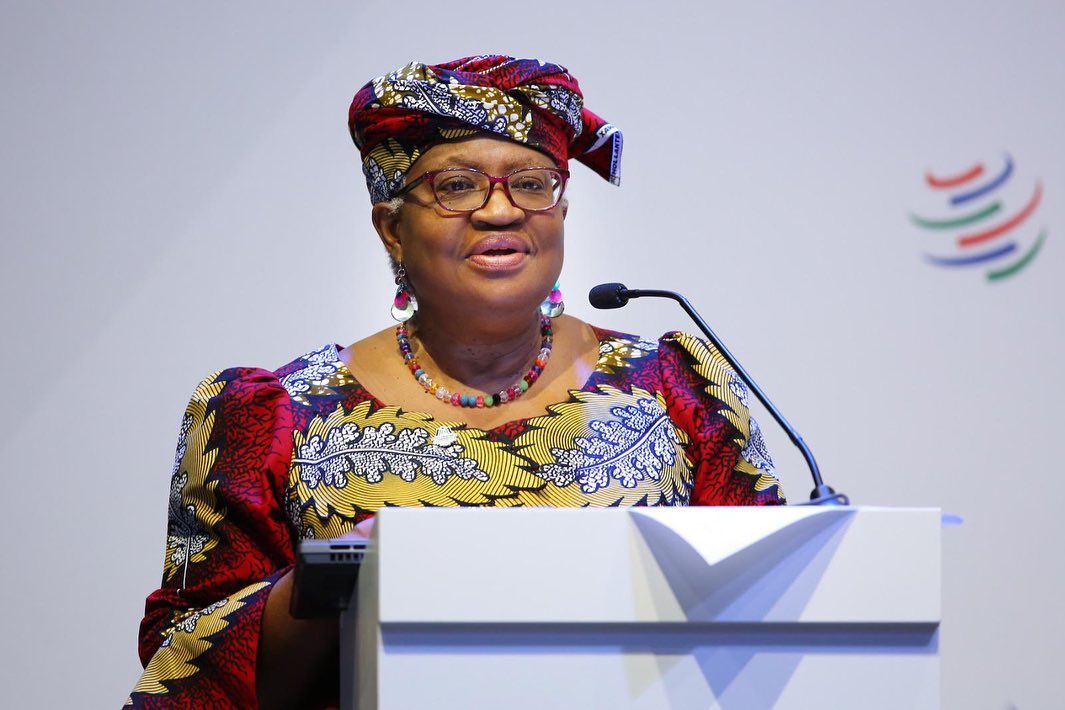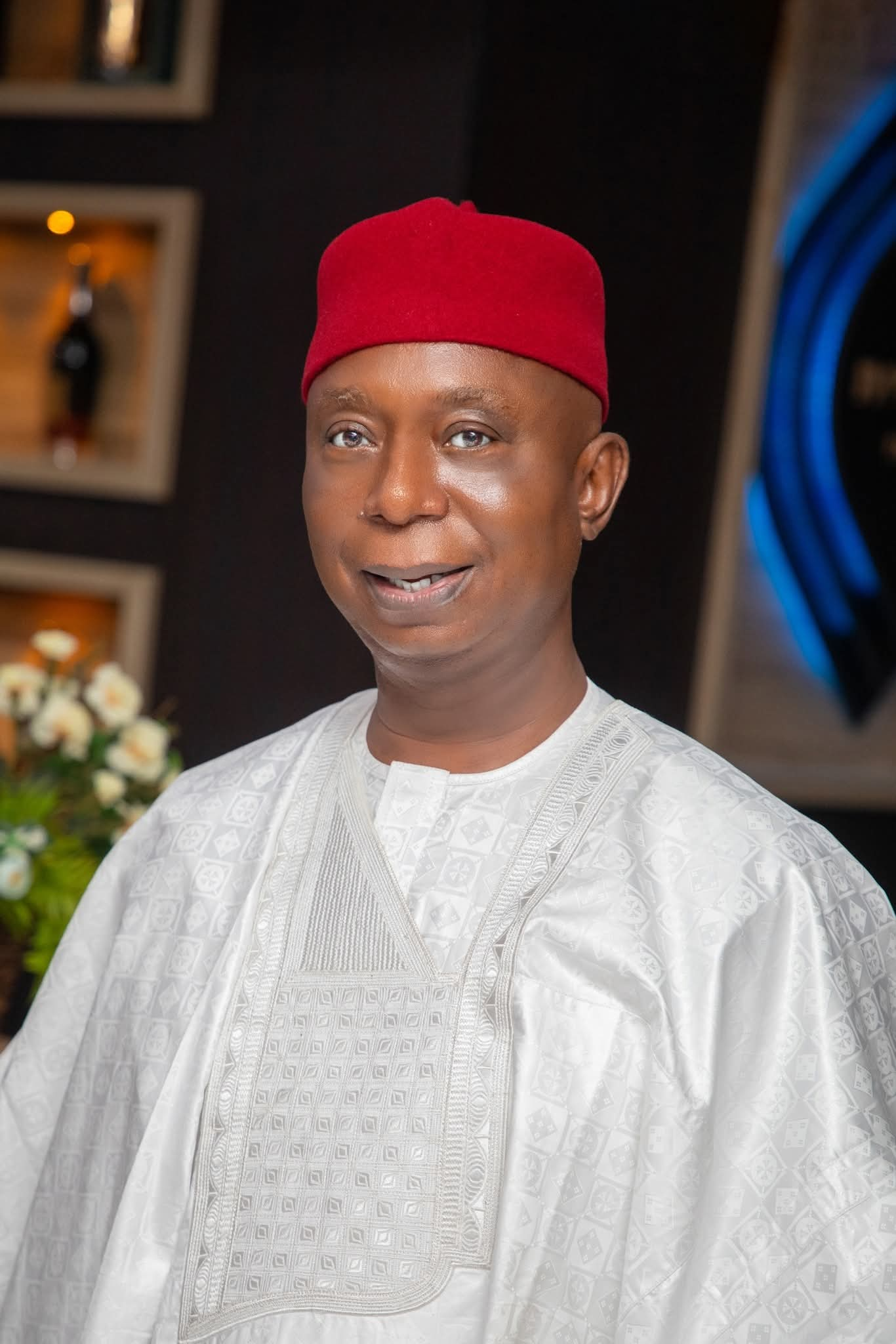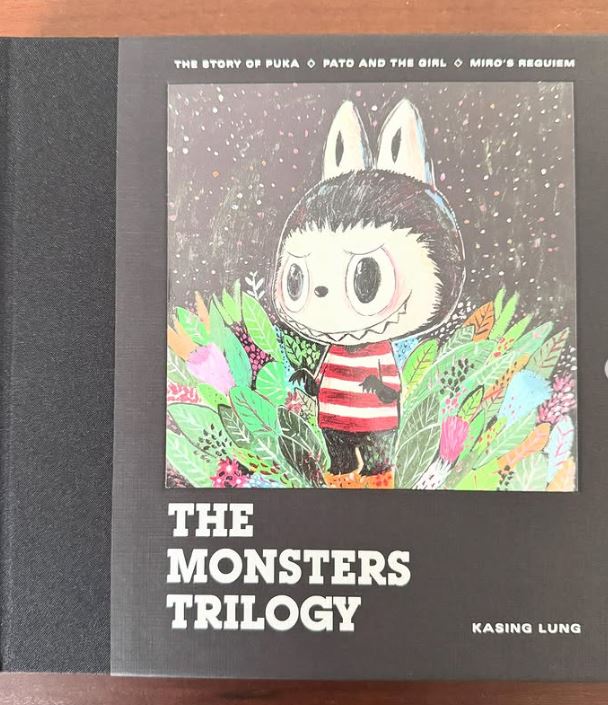The World Health Organization on Monday classified “gaming disorder” as a mental health condition. The condition described as ‘gaming disorder’ will be added to the 11th edition of WHO’s International Classification of Diseases.
The U.N. health agency said classifying “gaming disorder” as a separate addiction will help governments, families and healthcare workers be more vigilant and prepared to identify the risks. But the agency and other experts were quick to note that cases of the condition are still very rare, with no more than up to 3 percent of all gamers believed to be affected.
Dr. Shekhar Saxena, director of WHO’s department for mental health and substance abuse, said the agency accepted the proposal that gaming disorder should be listed as a new problem based on scientific evidence, in addition to “the need and the demand for treatment in many parts of the world.”
Dr. Joan Harvey, a spokeswoman for the British Psychological Society, warned that the new designation might cause unnecessary concern among parents.
“People need to understand this doesn’t mean every child who spends hours in their room playing games is an addict, otherwise medics are going to be flooded with requests for help,” she said.
Others welcomed WHO’s new classification, saying it was critical to identify people hooked on video games quickly because they are usually teenagers or young adults who don’t seek help themselves.
“We come across parents who are distraught, not only because they’re seeing their child drop out of school, but because they’re seeing an entire family structure fall apart,” said Dr. Henrietta Bowden-Jones, a spokeswoman for behavioral addictions at Britain’s Royal College of Psychiatrists. She was not connected to WHO’s decision.
Bowden-Jones said gaming addictions were usually best treated with psychological therapies but that some medicines might also work.
The American Psychiatric Association has not yet deemed gaming disorder to be a new mental health problem. In a 2013 statement, the association said it’s “a condition warranting more clinical research and experience before it might be considered for inclusion” in its own diagnostic manual.
Dr. Mark Griffiths, who has been researching the concept of video gaming disorder for 30 years, said the new classification would help legitimize the problem and strengthen treatment strategies.
“Video gaming is like a non-financial kind of gambling from a psychological point of view,” said Griffiths, a distinguished professor of behavioral addiction at Nottingham Trent University. “Gamblers use money as a way of keeping score whereas gamers use points.”
He guessed that the percentage of video game players with a compulsive problem was likely to be extremely small—much less than 1 percent—and that many such people would likely have other underlying problems, like depression, bipolar disorder or autism.
Griffiths said playing video games, for the vast majority of people, is more about entertainment and novelty, citing the overwhelming popularity of games like “Pokemon Go.”
“You have these short, obsessive bursts and yes, people are playing a lot, but it’s not an addiction,” he said.
Source: Medical Xpress.
























